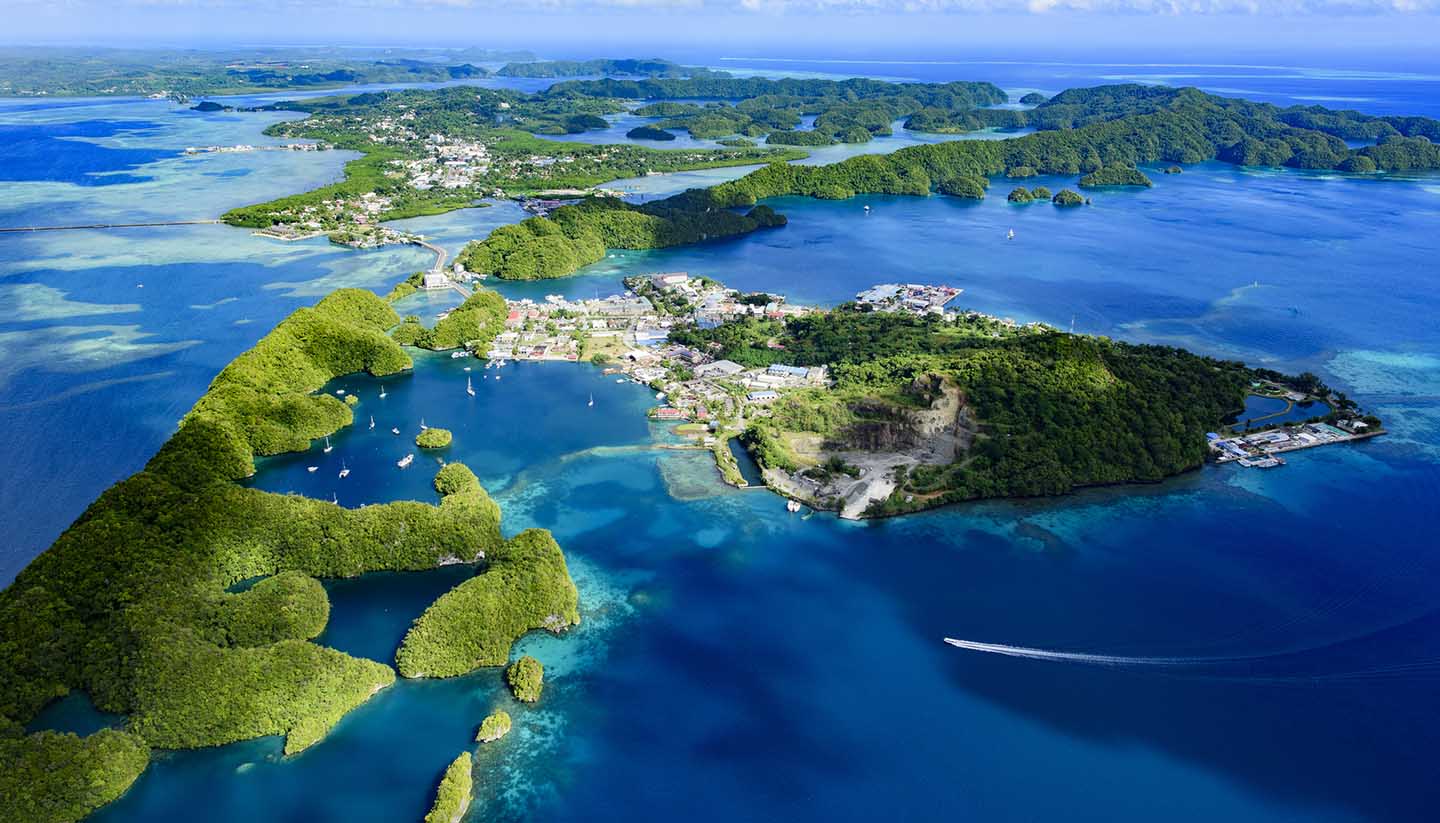Pacific Islands Of Micronesia Health Care and Vaccinations
| Title | Special precautions |
|---|---|
| Diphtheria | Yes |
| Hepatitis A | Yes |
| Malaria | No |
| Rabies | Sometimes |
| Tetanus | No |
| Typhoid | Sometimes |
| Yellow Fever | *No |
*A yellow fever vaccination certificate is required from travellers over one year of age arriving from an infected area.
Health Care
All the Federated States have good government hospitals in the main cities. There are also dental services and private health clinics throughout the islands. Be aware that doctors and hospitals may ask for cash payment for health services. On the Northern Mariana Islands, there is a major, modern hospital on Saipan and routine facilities on Rota and Tinian.
Most of Palau’s healthcare facilities are centralised on the main island of Koror. There are two private clinics, and a decompression chamber too. Premises tend to be American-style but facilities may be quite limited. In the event of an emergency call 488 2558.
As health care is not free, health insurance is recommended. Full medical facilities are available but are not free. Scuba-divers are advised there are only three decompression chambers in the Federated States (Yap, Pohnpei and Chuuk). Their availability varies and there is very little experience in treating dive injuries. Health insurance is highly recommended. Certain emergency cases are referred to Hawaii and Guam.
Food and Drink
Mains water is normally chlorinated, and whilst relatively safe may cause mild abdominal upsets. The most common ailment to strike travellers is diarrhoea. This can be avoided by practising good sanitation; washing hands and making sure any meat and fish are thoroughly cooked.
Whilst Palau’s water is generally safe to drink, you may want to stick to bottled water on the islands, to minimise any risks. Drinking water outside main towns may be contaminated and sterilisation is advisable. Milk is pasteurised and dairy products are safe for consumption. Local meat, poultry, seafood, fruit and vegetables are generally considered safe to eat.
Other Risks
Vaccinations against tuberculosis and hepatitis B are sometimes recommended. Palau is generally safe, although visitors should be aware that petty crime is on the increase. Take the usual common sense precautions – wear sunscreen, try to avoid the midday sun between noon and 1500, and keep hydrated.


